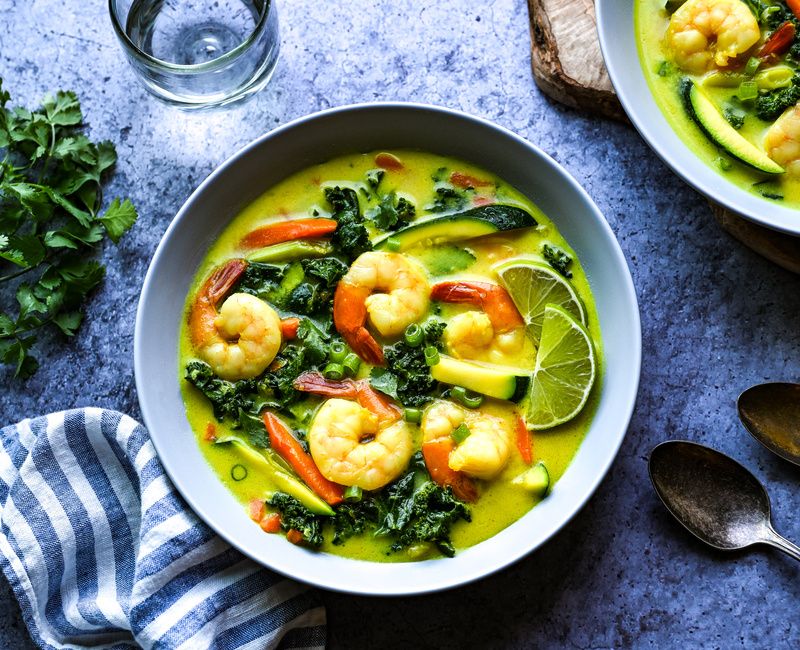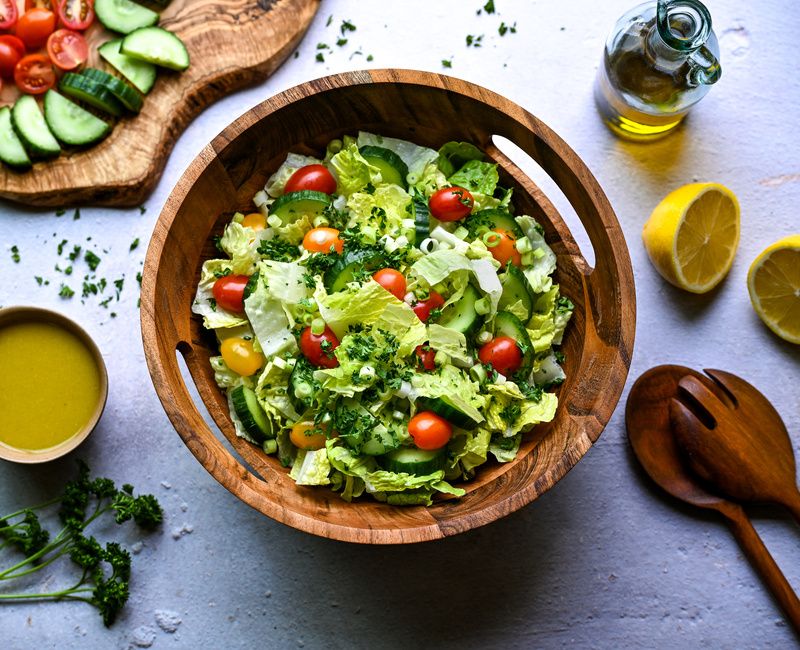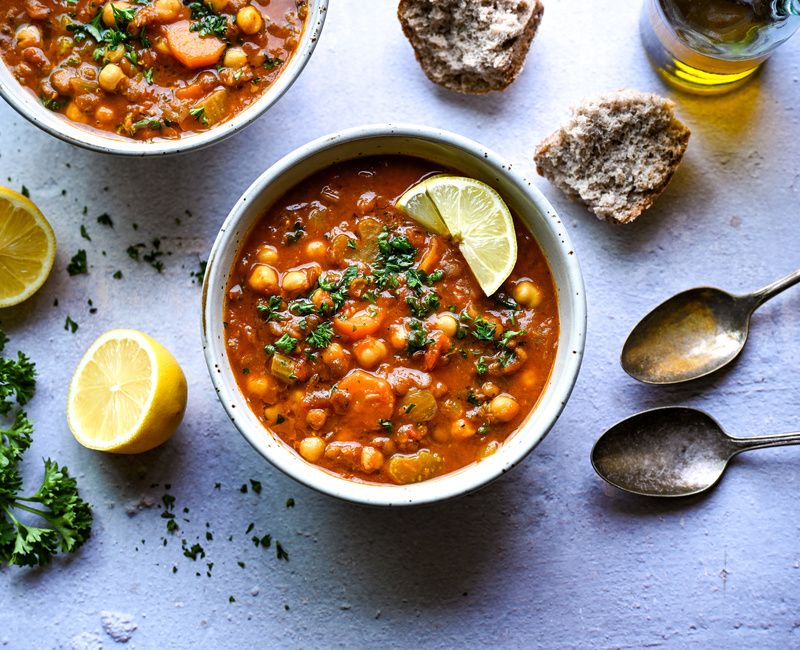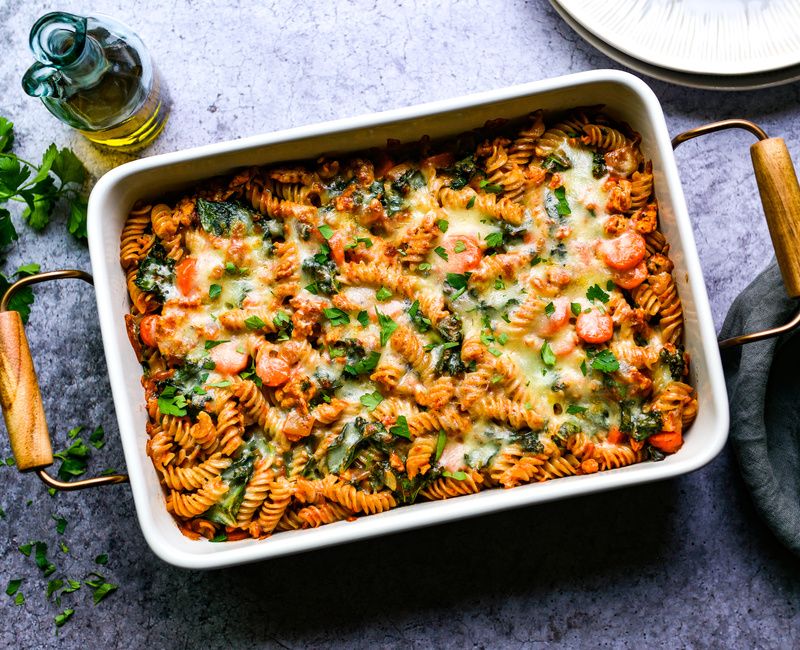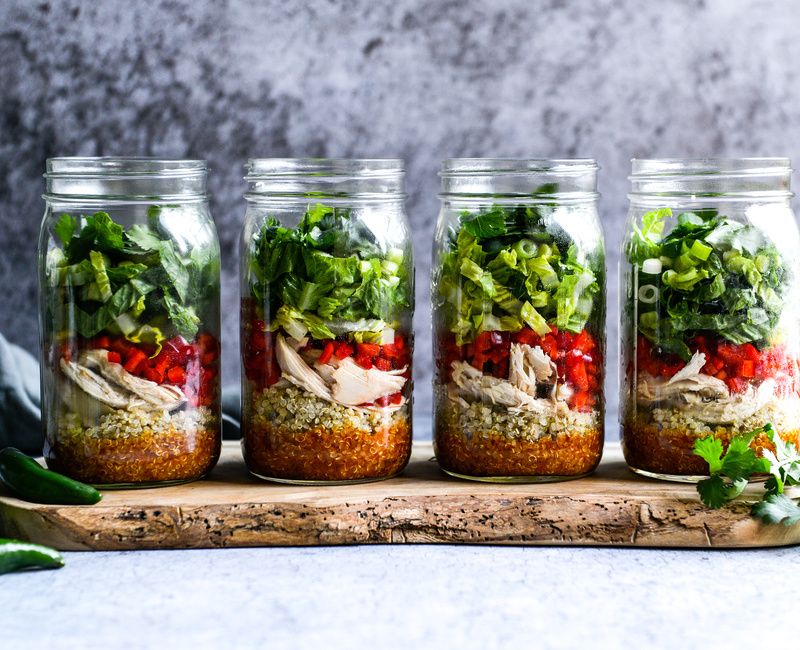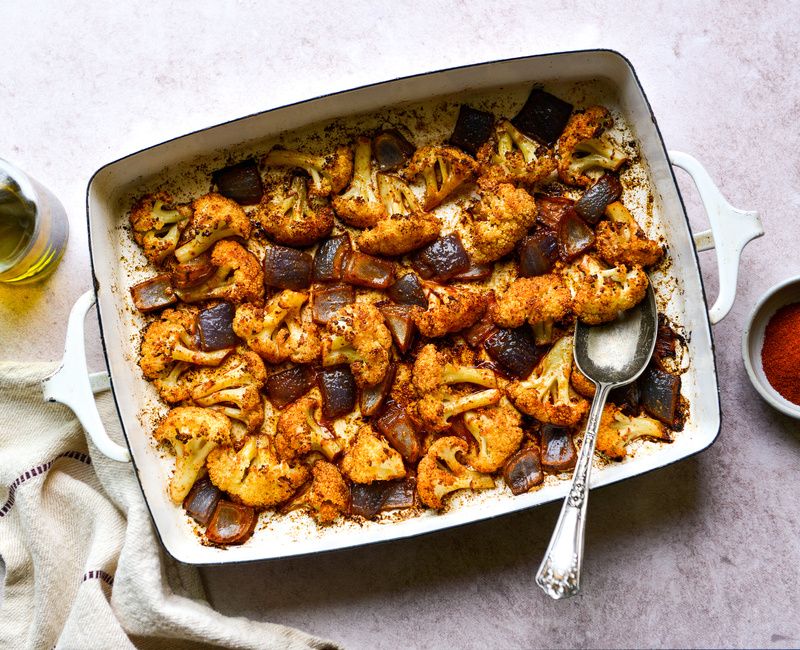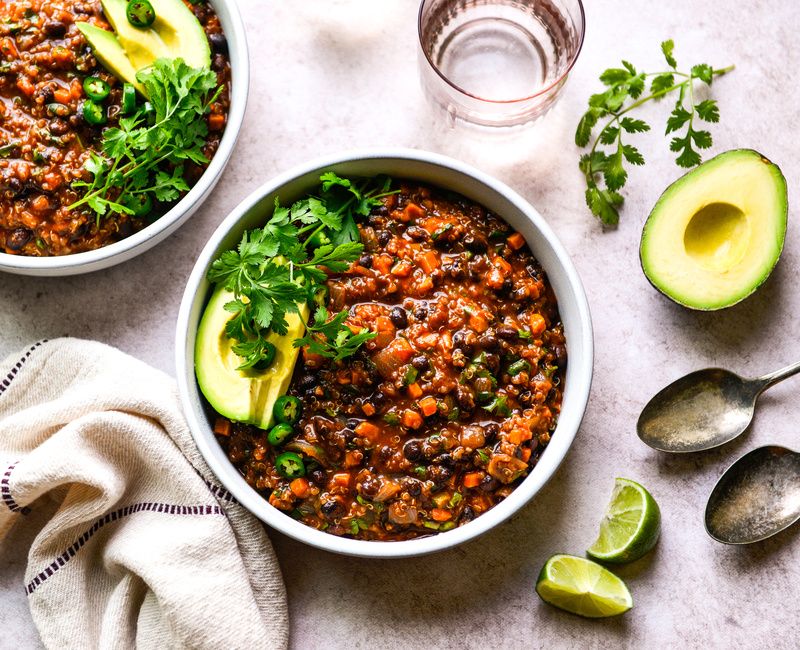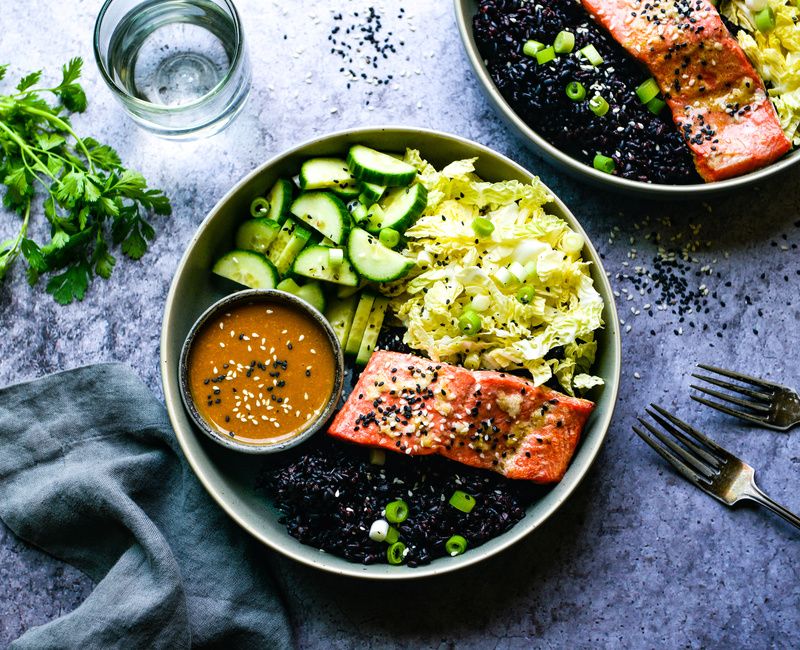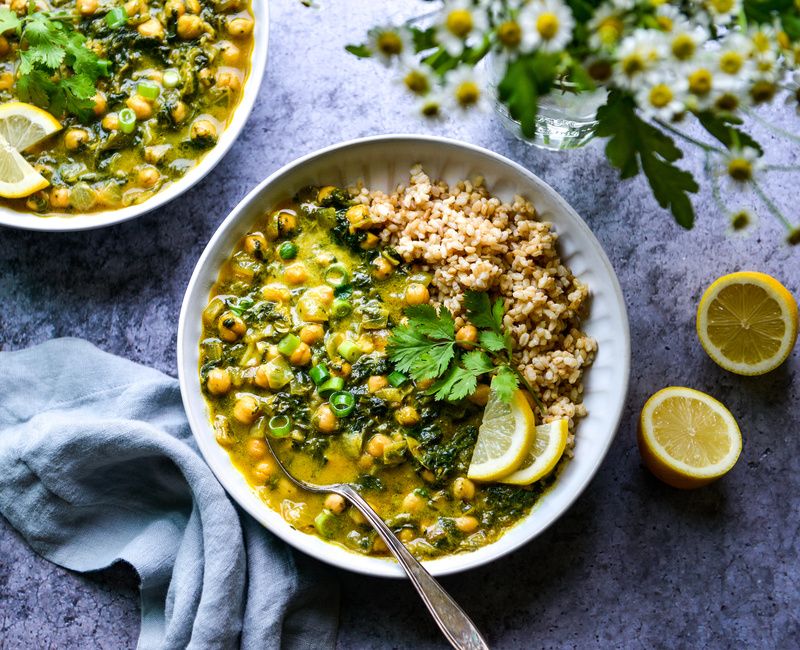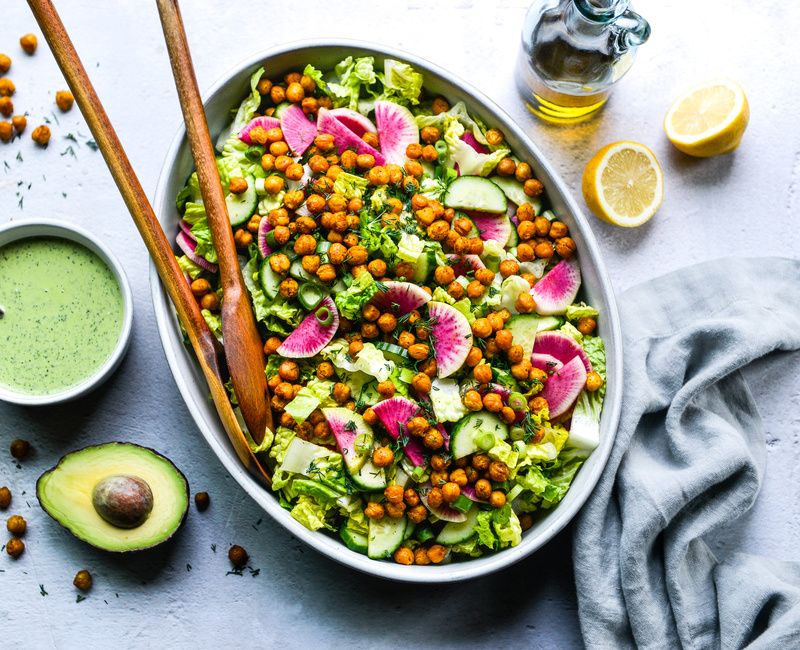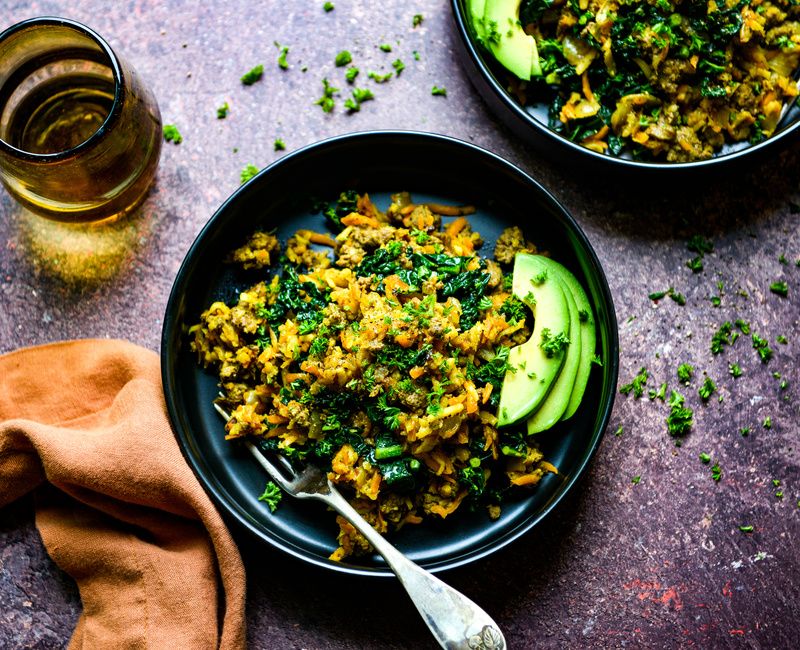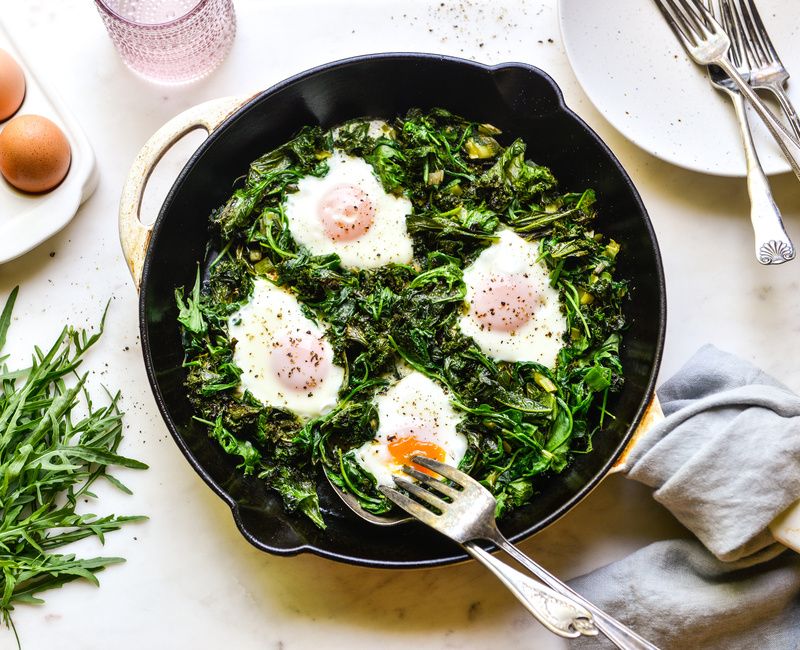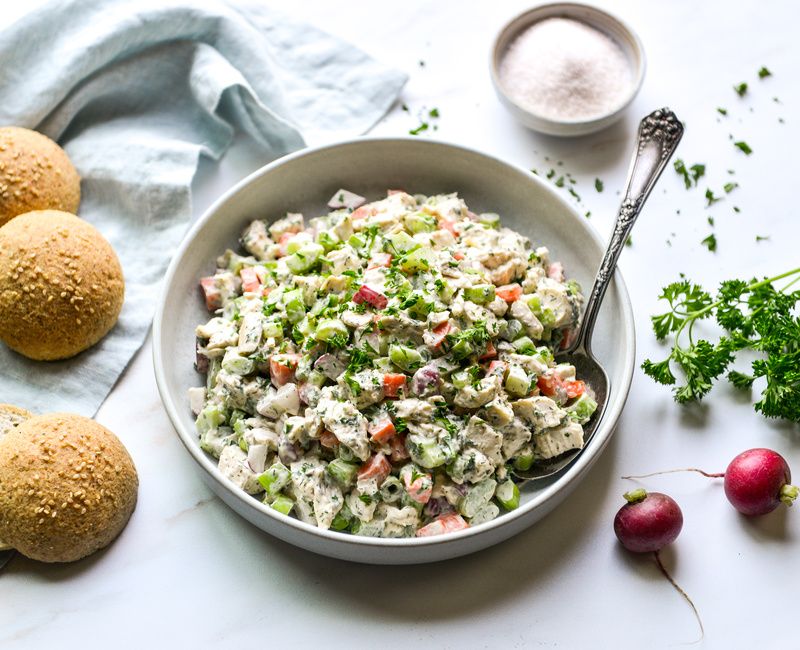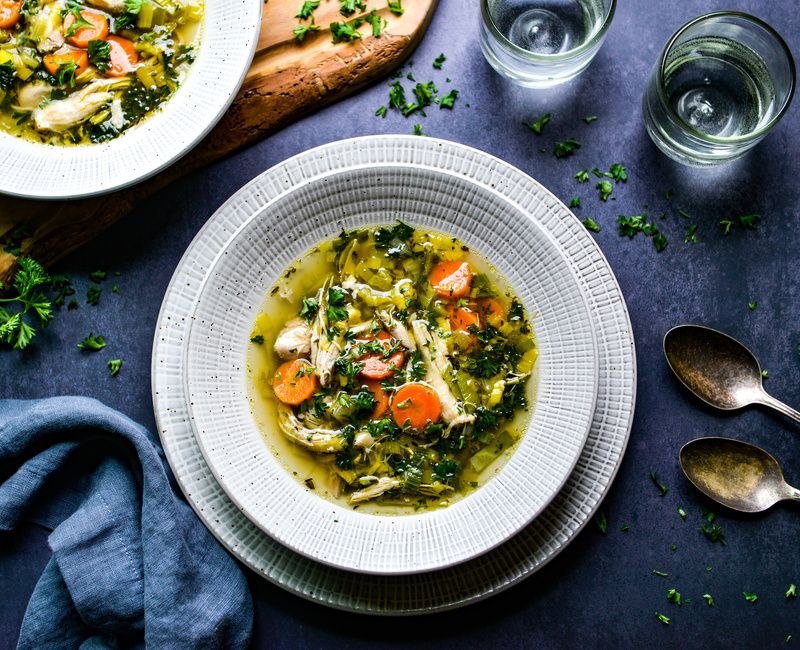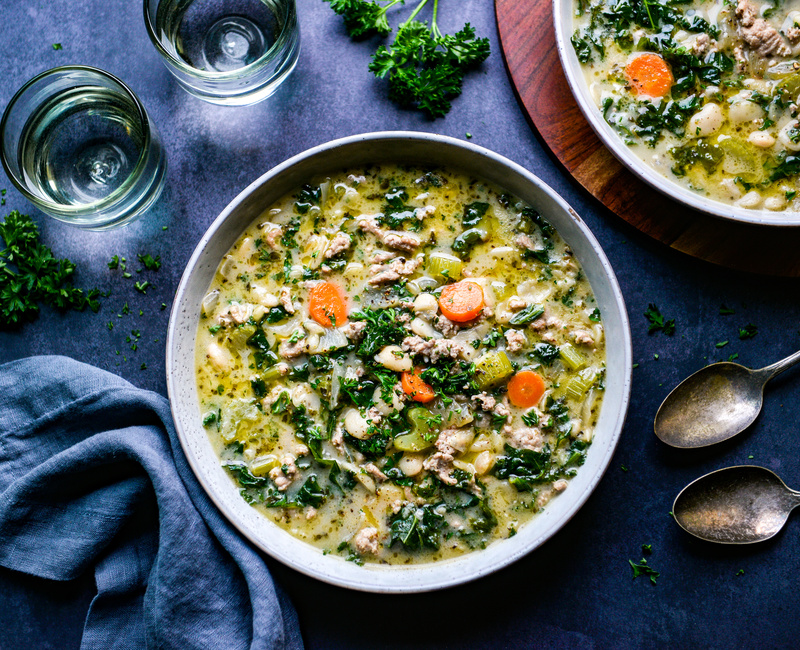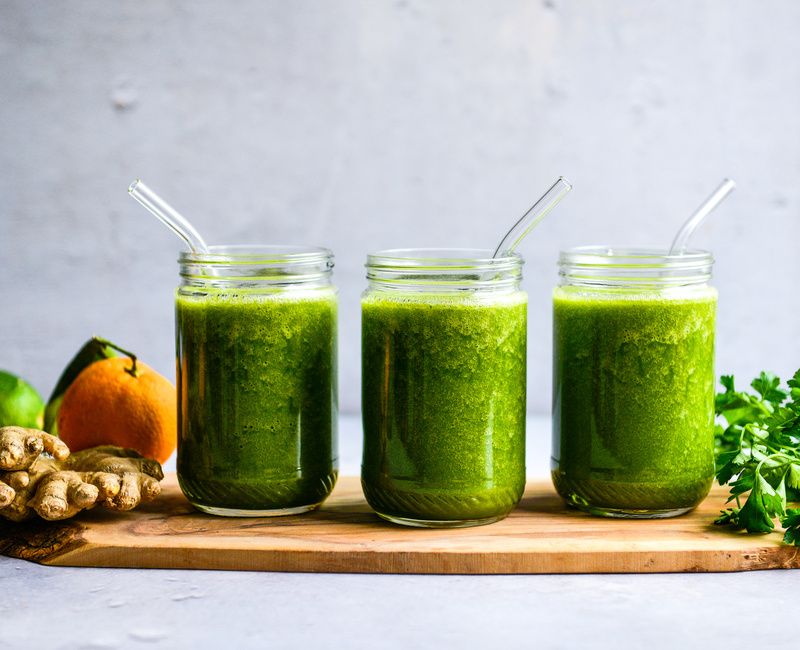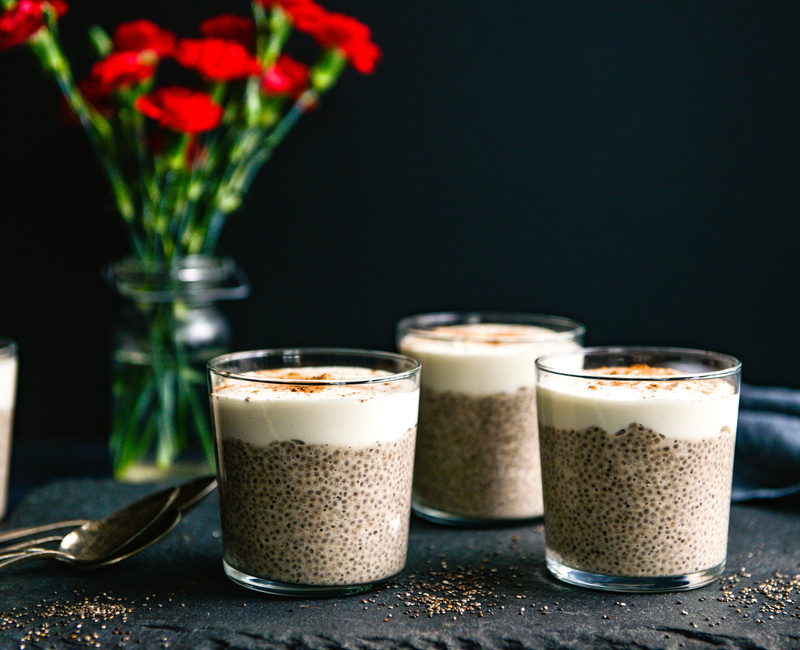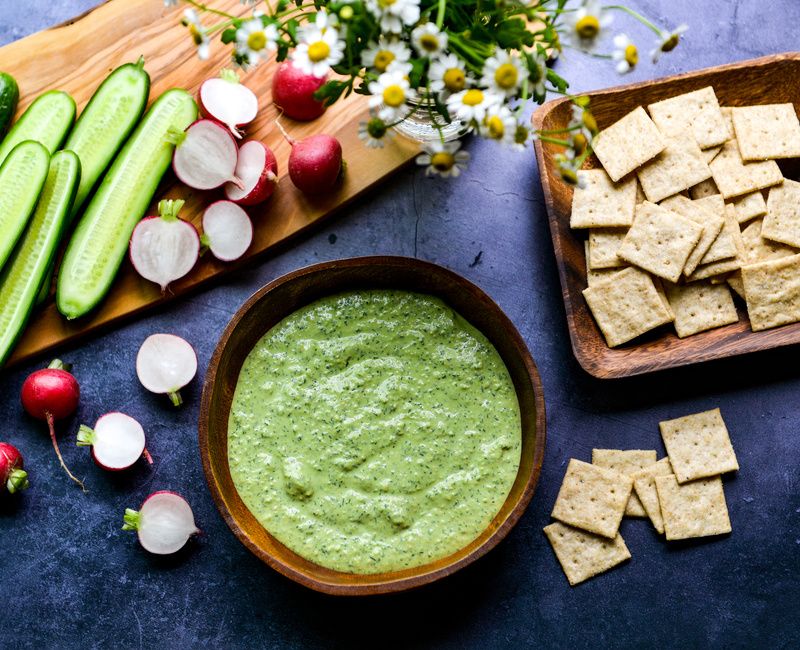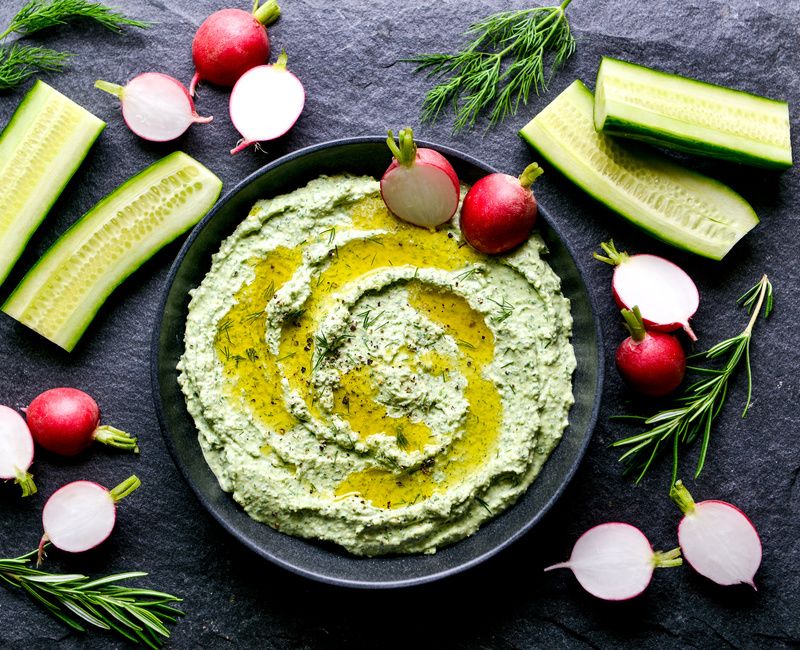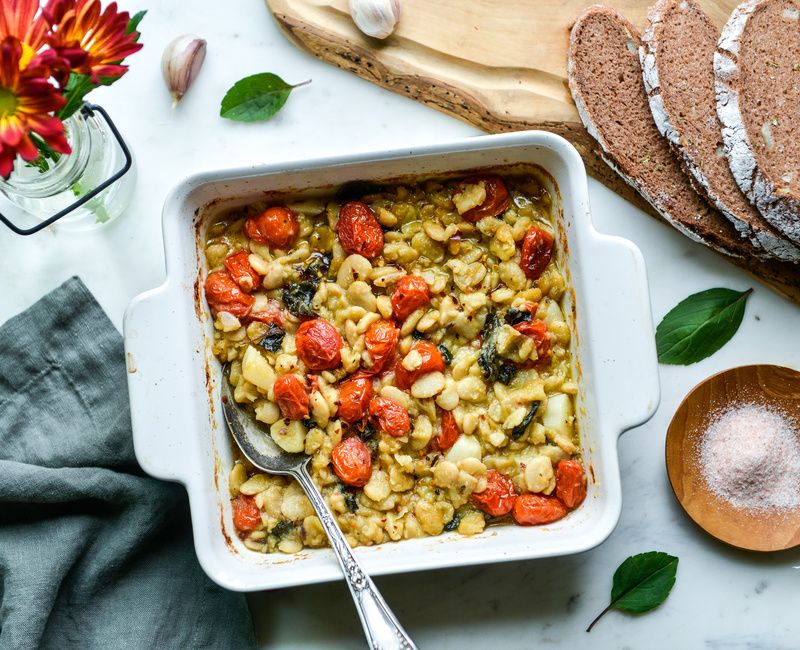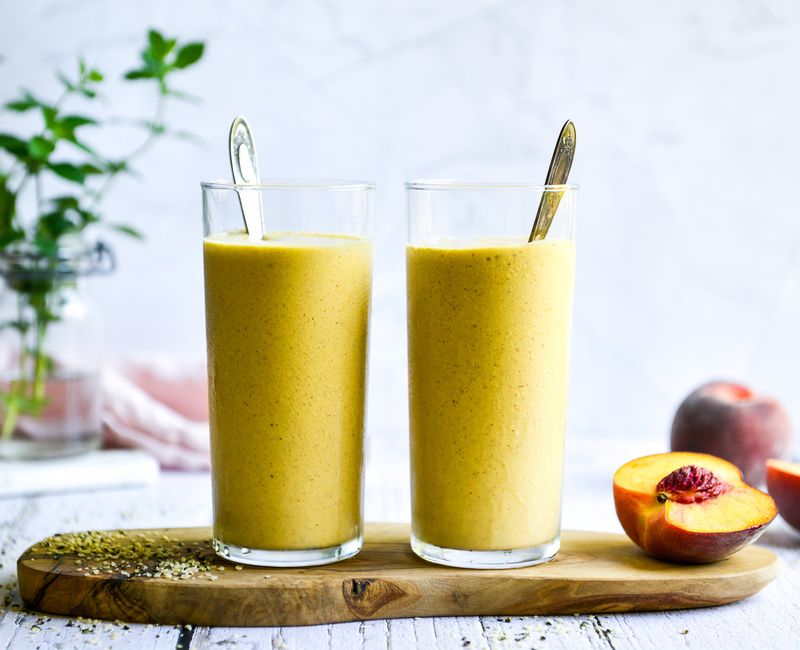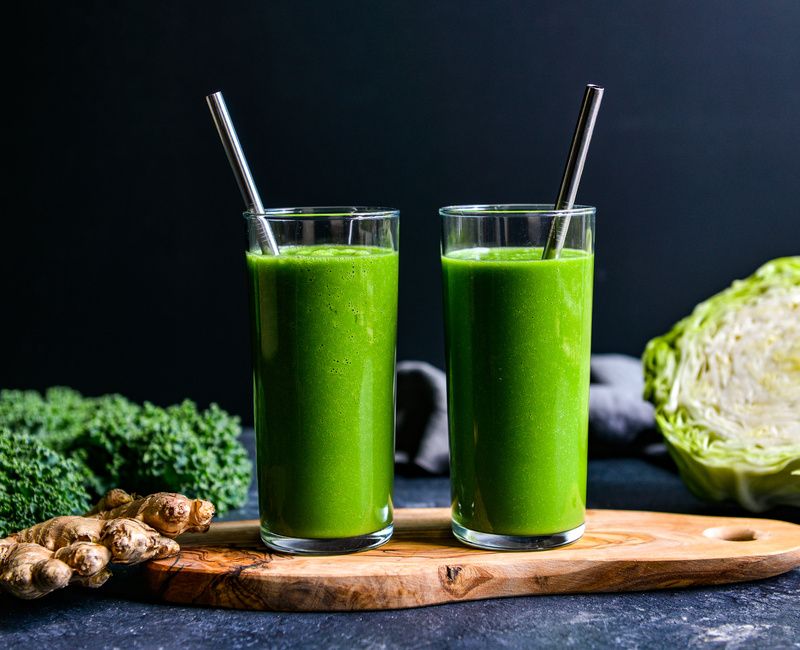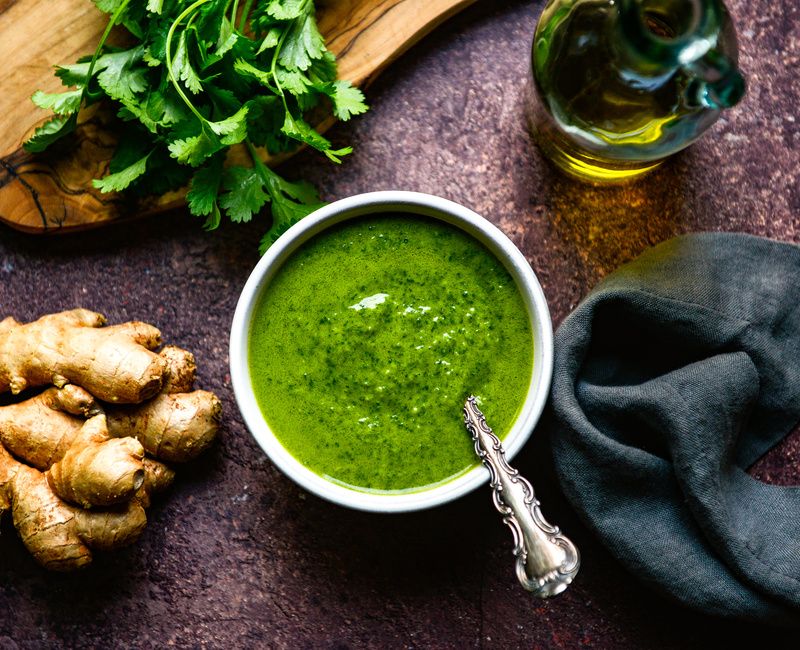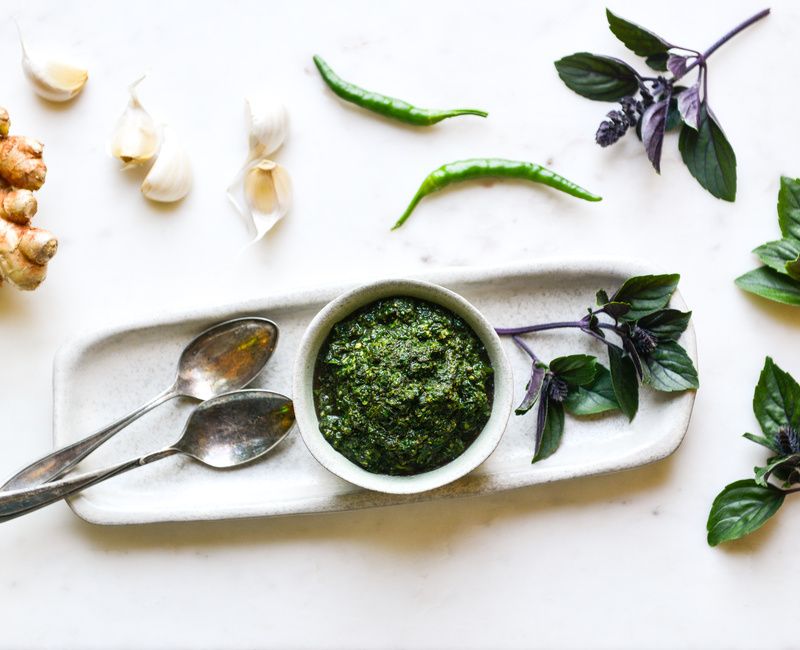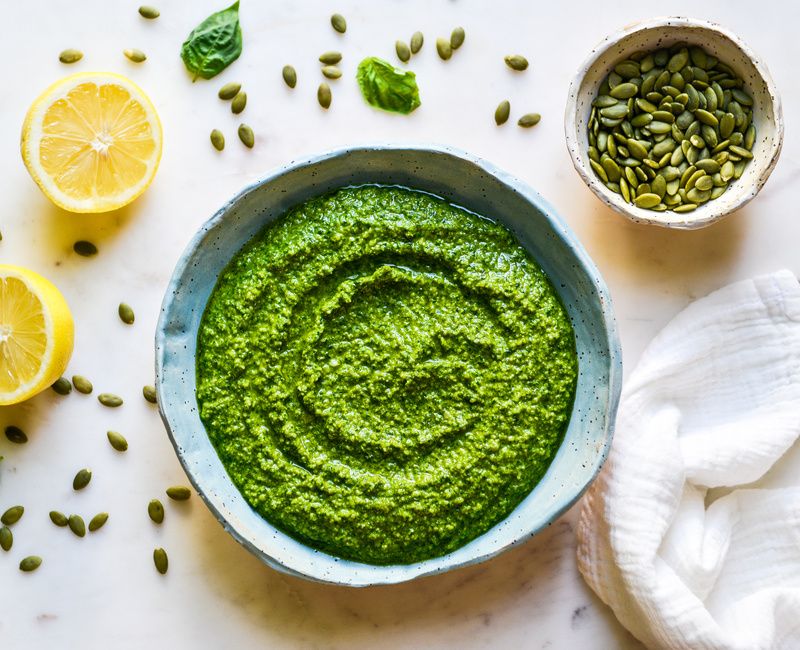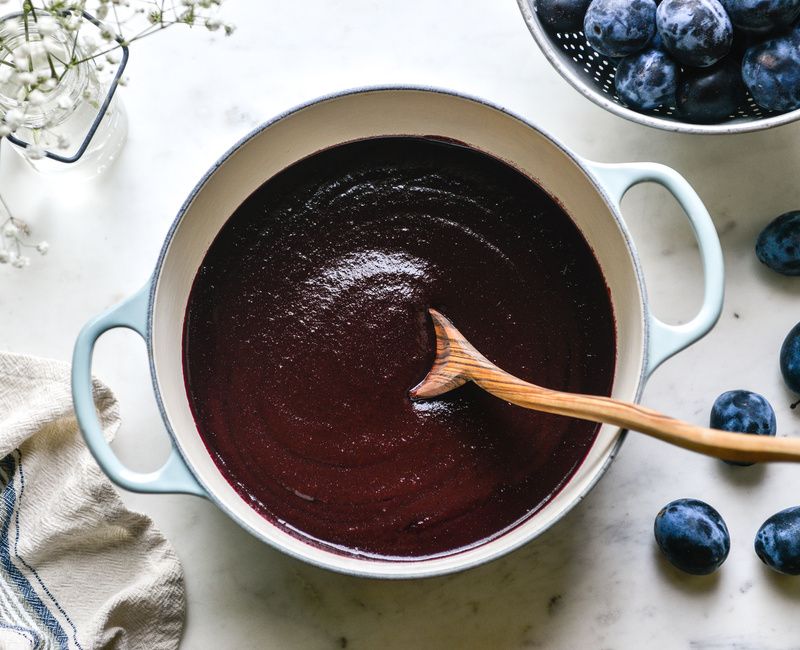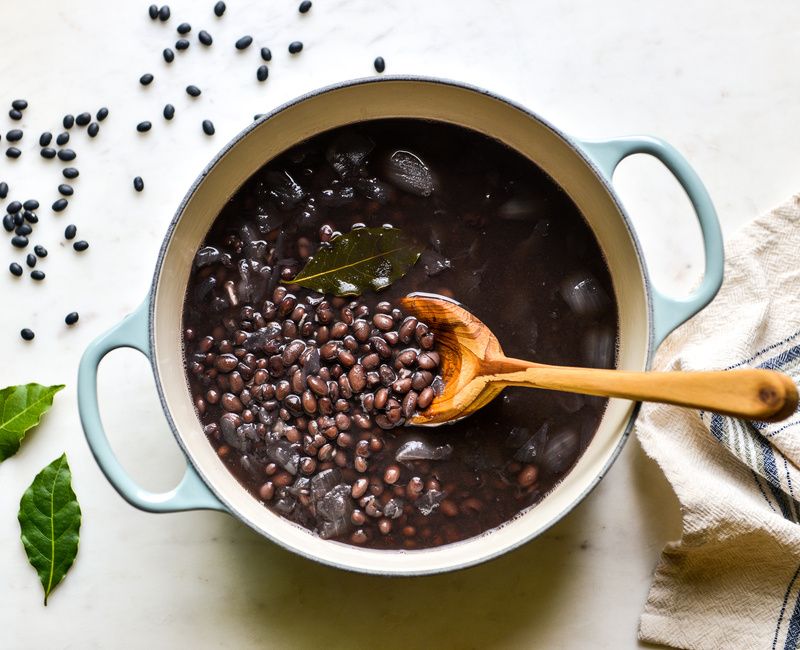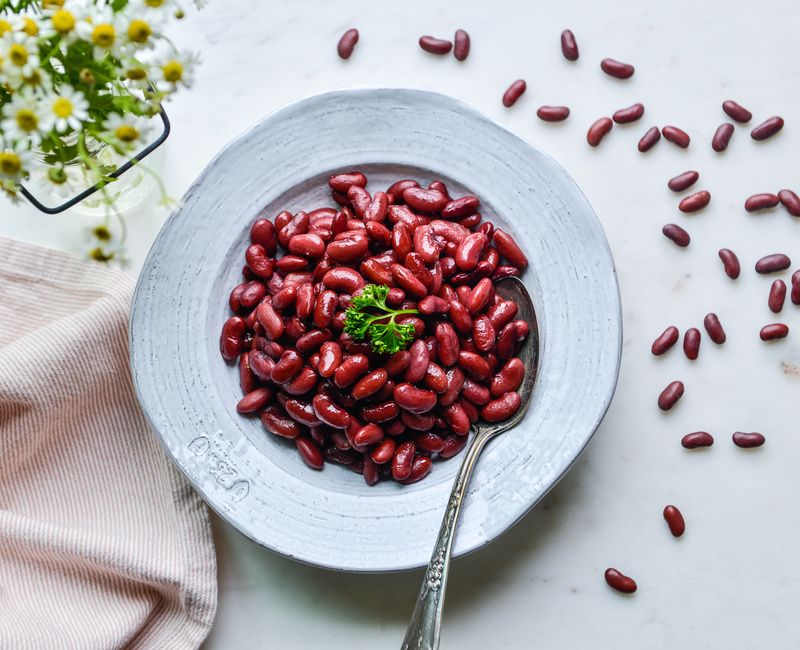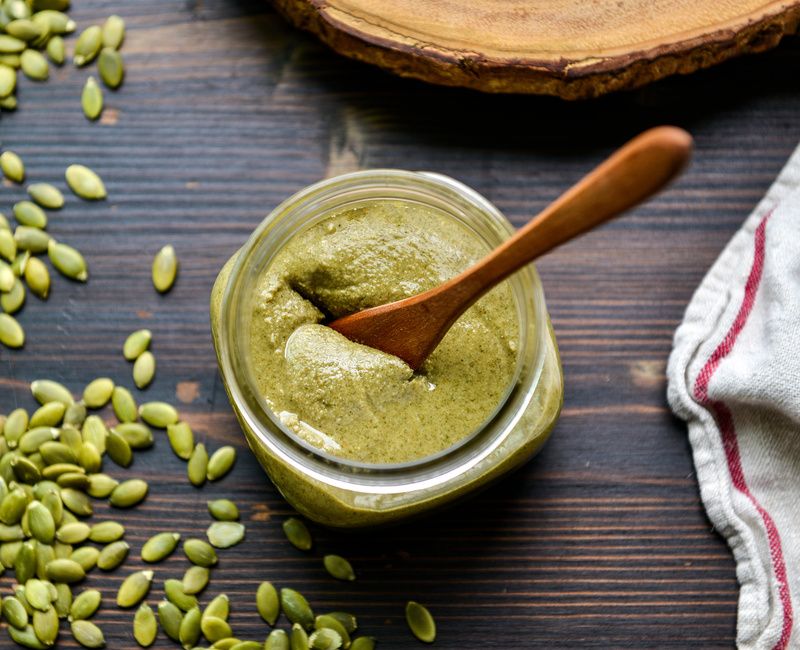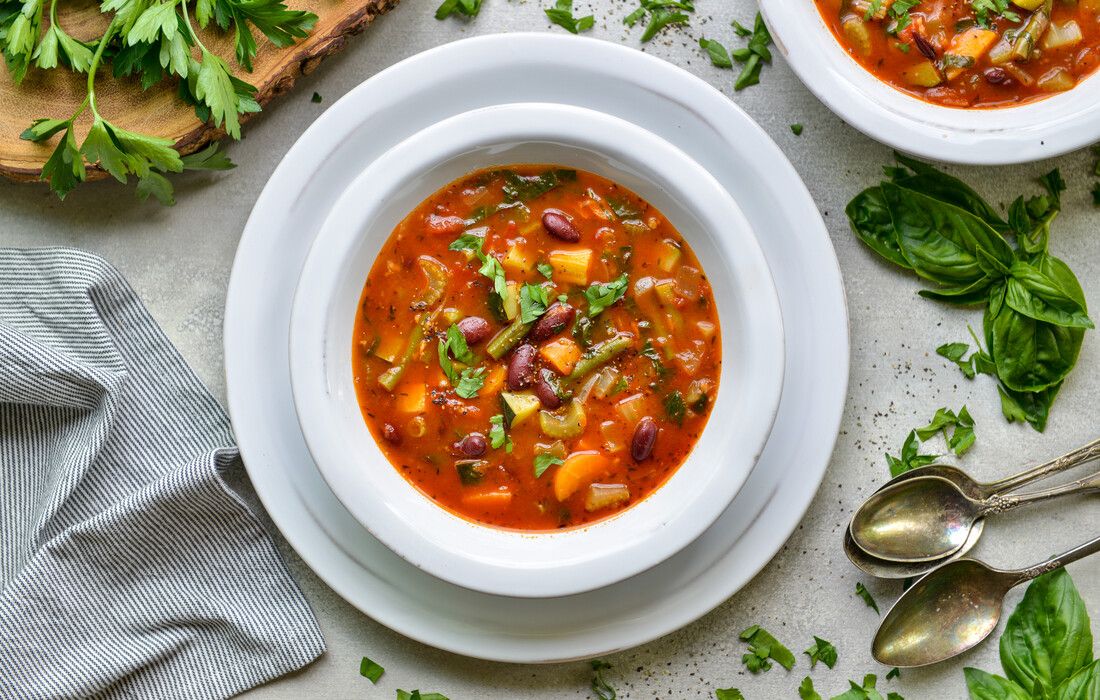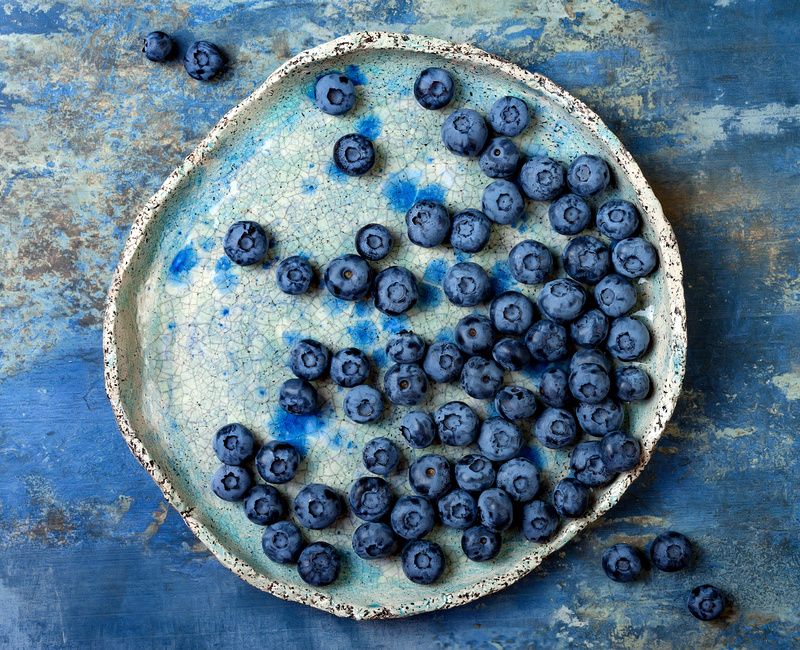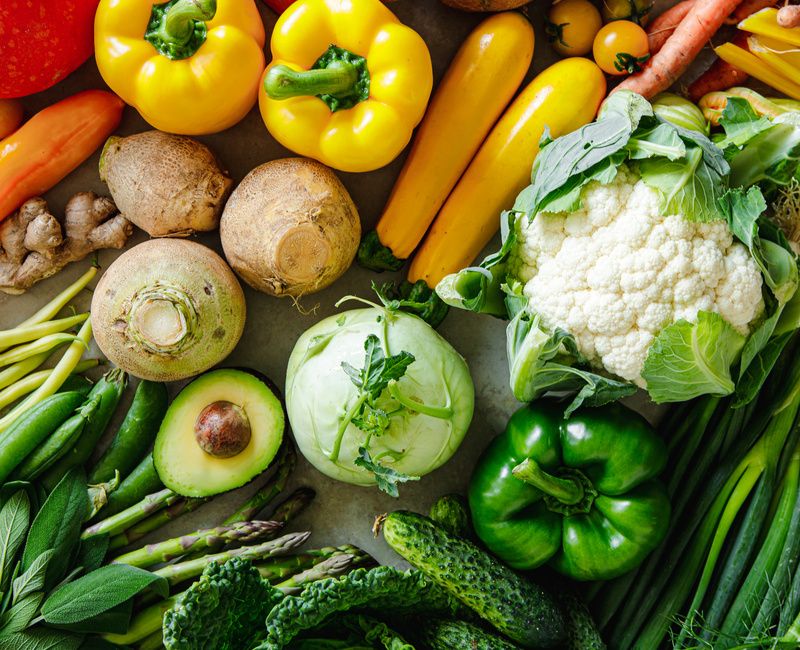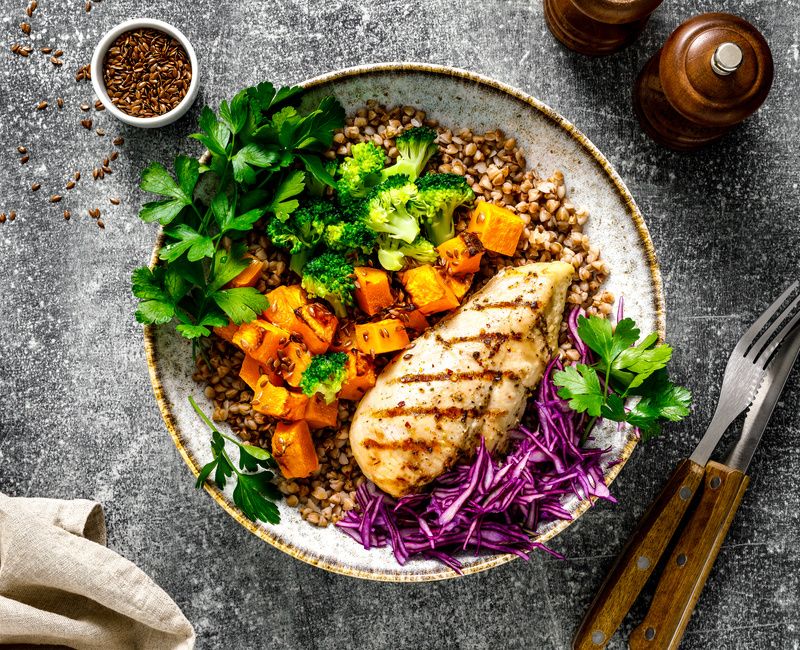Mediterranean Diet
Obesity, insulin resistance, and inflammation are at the root of many chronic conditions, including heart disease, type 2 diabetes, cognitive decline, and even cancer. While only 5 to 10% of cancer diagnoses are linked to genetics, up to 95% are influenced by diet, lifestyle, and environment. This means we hold incredible power in our daily choices—especially what we put on our plates. The Mediterranean Diet offers a time-tested, science-backed approach to disease prevention and vibrant living. Rich in colorful vegetables, fruits, legumes, whole grains, healthy fats, and omega-3-rich seafood, this way of eating nourishes the body from the inside out—calming inflammation, balancing metabolism, and protecting long-term health. It’s not just a diet, but a lifestyle rooted in simplicity, connection, and the healing power of real food.
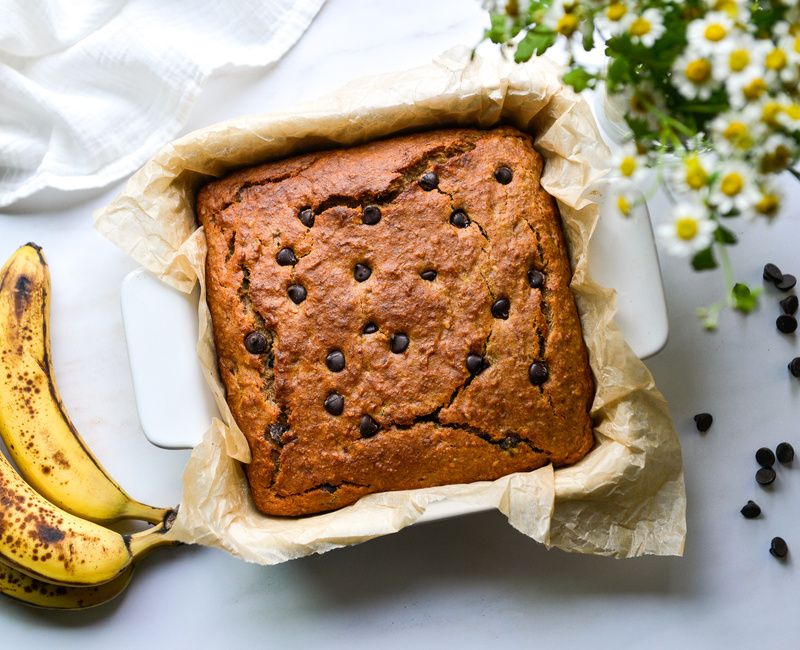
Latest Grain-Free Recipes
What is the Mediterranean Diet?
The Mediterranean Diet is a vibrant, nutrient-rich way of eating rooted in the traditional cuisines of countries bordering the Mediterranean Sea, such as Greece, Italy, and Spain. This lifestyle celebrates simple, wholesome foods—fresh vegetables, leafy greens, fruits, legumes, nuts, whole grains, seafood, and extra virgin olive oil—all thoughtfully prepared and enjoyed in good company.
Unlike restrictive fad diets, the Mediterranean Diet emphasizes what to include, not what to cut out. It is a delicious, sustainable, and science-backed way of eating that nourishes your body, supports longevity, and helps prevent chronic disease. Studies have consistently ranked it as one of the healthiest diets in the world—proven to reduce the risk of heart disease, type 2 diabetes, cognitive decline, and cancer. For a lower glycemic version of the Mediterranean diet, consider trying the IFM CardioMetabolic Food Plan.
Key Aspects of the Mediterranean Diet:
- Based on whole foods
- Eliminates processed foods
- High intake of fresh fruits, vegetables, whole grains, and legumes daily
- High in fiber and antioxidants
- High intake of extra virgin olive oil daily
- Small amounts of unprocessed cheeses and plain yogurt daily
- Red wine in moderation (no more than 5 ounces per day for women and 10 ounces per day for men)
- Focus on fish and seafood high in omega-3 fatty acids
- Poultry and eggs daily or weekly
- Lower in red meats (consume smaller portions of red meats weekly or monthly)
- Low in sweets (choose desserts made from whole foods and natural sweeteners, or fruit and dates)
Who is the Mediterranean Diet For?
The Mediterranean Diet is ideal for anyone seeking to transition away from processed foods and into a more nourishing, whole foods lifestyle. It’s especially beneficial for those with:
-
High blood pressure or cardiovascular disease
-
Type 2 diabetes or metabolic syndrome
-
Obesity or insulin resistance
-
Cognitive decline or a family history of Alzheimer’s
-
Inflammatory conditions or digestive issues
-
A desire to live a longer, healthier, more joyful life
This is a deeply supportive, non-restrictive way of eating that focuses on abundance rather than deprivation. Whether you're new to healthy eating or looking to optimize your current diet, the Mediterranean lifestyle offers a powerful foundation.
How Does the Mediterranean Diet Work?
This anti-inflammatory, antioxidant-rich way of eating works by crowding your plate with deeply nourishing foods that regulate blood sugar, lower cholesterol, support gut health, and protect your brain and heart. It’s not just what you eat—it’s how you live. Regular movement, stress reduction, and eating mindfully with others are essential components of the Mediterranean lifestyle.
The diet encourages daily intake of vegetables, legumes, and whole grains, along with healthy fats from olive oil and nuts. Fish and seafood are consumed a few times per week, while poultry, dairy, and eggs are enjoyed in moderation. Red meat and sweets are reserved for occasional enjoyment.
Foods to Eat on the Mediterranean Diet:
Focus on building your meals from the following food groups:
-
Vegetables: Leafy greens, tomatoes, onions, peppers, squash, artichokes, cucumbers
-
Fruits: Berries, pomegranates, oranges, figs, apples, grapes
-
Legumes: Lentils, chickpeas, black beans, white beans
-
Whole Grains: Quinoa, farro, brown rice, whole grain sourdough, millet
-
Nuts & Seeds: Almonds, walnuts, pine nuts, sunflower seeds
-
Healthy Fats: Extra virgin olive oil, avocado, olives
-
Seafood: Wild salmon, sardines, mackerel, halibut
-
Poultry & Eggs: Organic chicken, pasture-raised eggs
-
Dairy (in moderation): Plain yogurt, aged cheeses
-
Herbs & Spices: Basil, oregano, rosemary, cumin, cinnamon
-
Red wine: Optional and in moderation (if medically appropriate)
Foods to Avoid on the Mediterranean Diet:
To receive the full anti-inflammatory and metabolic benefits of the diet, minimize or avoid:
-
Processed and packaged foods
-
Refined sugars and sweets
-
White flour and refined grains
-
Fried foods and fast food
-
Industrial seed oils (canola, soybean, corn oil)
-
Excess red meat or processed meats
Benefits of the Mediterranean Diet:
Decades of peer-reviewed research support the health-promoting effects of the Mediterranean Diet:
-
Reduces the risk of heart disease and stroke (PREDIMED Trial)
-
Lowers inflammation and oxidative stress
-
Improves blood sugar regulation and insulin sensitivity
-
Supports brain health and cognitive longevity
-
Reduces the risk of several cancers
-
Promotes a healthy gut microbiome
-
Supports healthy weight and metabolic balance
-
Improves mood and reduces depression
Food is not just fuel—it’s information. It speaks to your cells, your brain, and your future. Choose foods that tell a story of healing.
Challenges and Drawbacks:
The Mediterranean Diet is widely accessible, but here are a few potential challenges:
-
It may feel unfamiliar at first if you’re used to a Standard American Diet.
-
Frequent shopping for fresh produce is ideal, which can take time.
-
If you’re managing food allergies or sensitivities (such as to gluten or dairy), some adaptations may be needed—but our tools can help you personalize it with ease.
How Do I Start the Mediterranean Diet?
- Become a Nourishing Meals® Member: Gain access to over 1,800 whole-food recipes—including hundreds of Mediterranean Diet options.
- Download our Mediterranean Diet Guide and Food List: Use this to stock your kitchen with healing ingredients and start planning balanced meals.
- Choose Mediterranean Diet in your profile: Tailor your preferences and allergies, and generate custom meal plans with just a few clicks.
- Build your weekly plan: Include a variety of plant-forward meals, omega-3-rich seafood, and healthy fats. Although beef and pork recipes will appear in your search, choose these foods less often, or about 3 to 4 times a month.
- Let food become your medicine. Use our tools to plan, shop, prep, and simplify your week with ease and clarity.
- Join our Nourishing Meals® Community Facebook group for more support and inspiration!
When you return to whole, nourishing foods, you return to yourself. The Mediterranean Diet isn’t just a way of eating—it’s a path back to balance, vitality, and the life you’re meant to live.
| Plan | Length | Actions |
|---|---|---|
Easy Winter Meals |
6 days | Please login to view and schedule plans |
7 Days of Nourishing Winter Soups |
7 days | Please login to view and schedule plans |
Gluten-Free Dairy-Free Thanksgiving Menu |
1 day | Please login to view and schedule plans |
Easy Fall Family Meals |
8 days | Please login to view and schedule plans |
High-Protein Meal Plan |
5 days | Please login to view and schedule plans |
Easy Family Meals |
7 days | Please login to view and schedule plans |
Anti-Inflammatory Dinners Week 2 |
7 days | Please login to view and schedule plans |
Anti-Inflammatory Snacks |
1 day | Please login to view and schedule plans |
Anti-Inflammatory Breakfasts |
7 days | Please login to view and schedule plans |
Anti-Inflammatory Dinners Week 1 |
7 days | Please login to view and schedule plans |
Easy Gluten-Free Spring Dinners |
7 days | Please login to view and schedule plans |
Nourishing Mother's Day Brunch |
1 day | Please login to view and schedule plans |
Anti-Inflammatory Thanksgiving |
1 day | Please login to view and schedule plans |
Healthy Memorial Day Menu |
1 day | Please login to view and schedule plans |
Phtyochemical-Rich Recipes |
0 days | Please login to view and schedule plans |
DASH Diet Holiday Recipes |
0 days | Please login to view and schedule plans |
Low-FODMAP Thanksgiving |
0 days | Please login to view and schedule plans |
5-Day Mediterranean Diet Meal Plan |
5 days | Please login to view and schedule plans |
Heart-Healthy Dinners |
12 days | Please login to view and schedule plans |
Easy Low-Histamine Dinners |
9 days | Please login to view and schedule plans |
Healthy Gluten-Free Meal Plan |
7 days | Please login to view and schedule plans |
Back-To-School Family Dinners |
5 days | Please login to view and schedule plans |
Nourishing Fall Family Meals |
8 days | Please login to view and schedule plans |
Spicy Summer Meals |
7 days | Please login to view and schedule plans |
Easy Plant-Based Summer Meals |
6 days | Please login to view and schedule plans |
Healthy Gluten-Free Mediterranean Diet Weeknight Dinners |
10 days | Please login to view and schedule plans |
